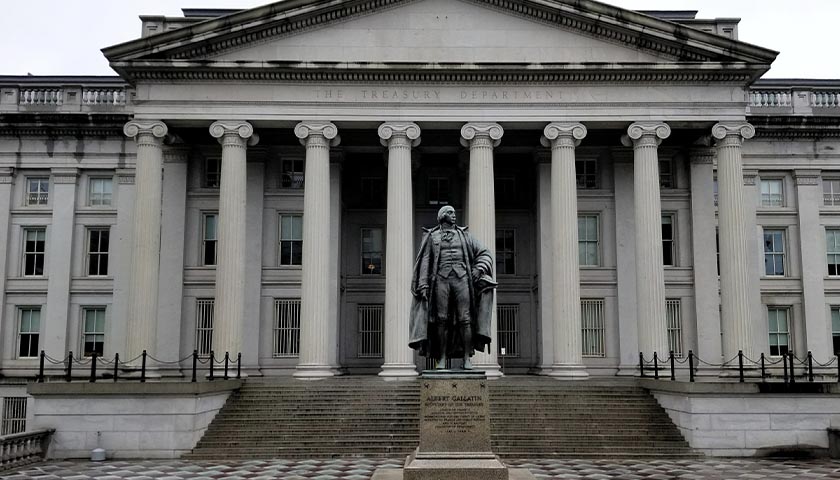by Ailan Evans
A total of 130 nations representing more than 90 percent of global GDP have agreed to a global minimum corporate tax, Treasury Secretary Janet Yellen announced Thursday.
The tax, proposed by Yellen and the Biden administration during the G7 conference, would establish a minimum corporate tax rate across all participating countries to prevent corporations from avoiding taxes by incorporating offshore, according to Barron’s. The plan is also intended to prevent countries from competitively lowering their tax rates to attract investment, according to a Treasury Department statement.
 “For decades, the United States has participated in a self-defeating international tax competition, lowering our corporate tax rates only to watch other nations lower theirs in response,” Yellen said in the statement.
“For decades, the United States has participated in a self-defeating international tax competition, lowering our corporate tax rates only to watch other nations lower theirs in response,” Yellen said in the statement.
“The result was a global race to the bottom: Who could lower their corporate rate further and faster?” she said. Yellen said the tax plan would prevent corporations from avoiding paying their “fair share” of taxes.
"Today’s agreement by 130 countries representing more than 90% of global GDP is a clear sign: the race to the bottom is one step closer to coming to an end."@SecYellen's statement on today's agreement to support a global minimum corporate tax:https://t.co/zciAPyIEk2 https://t.co/SocxJf97fM
— Treasury Department (@USTreasury) July 1, 2021
“We have a chance now to build a global and domestic tax system that lets American workers and businesses compete and win in the world economy,” she said.
Participating countries include the U.S., China, Russia, the United Kingdom, and most other major economies, according to a report from the Organisation for Economic Cooperation and Development (OECD). China had reportedly expressed concerns over the global minimum tax, citing the loss of economic incentives it had used to attract investment.
The tax plan includes two “pillars”: Pillar One reallocates taxing rights on over $100 billion in profit, and Pillar Two sets the floor of the tax rate at 15%, according to a statement from the OECD. The OECD predicts the tax plan will generate over $150 billion in global tax revenue annually.
“After years of intense work and negotiations, this historic package will ensure that large multinational companies pay their fair share of tax everywhere,” OECD Secretary-General Mathias Cormann said in the statement.
The plan is set to be finalized by October 2021, and is expected to be implemented sometime in 2023, according to the OECD statement.
– – –
Ailan Evans is a reporter at Daily Caller News Foundation.
Photo “U.S. Treasury Building” by Sealy j CC BY-SA 4.0








